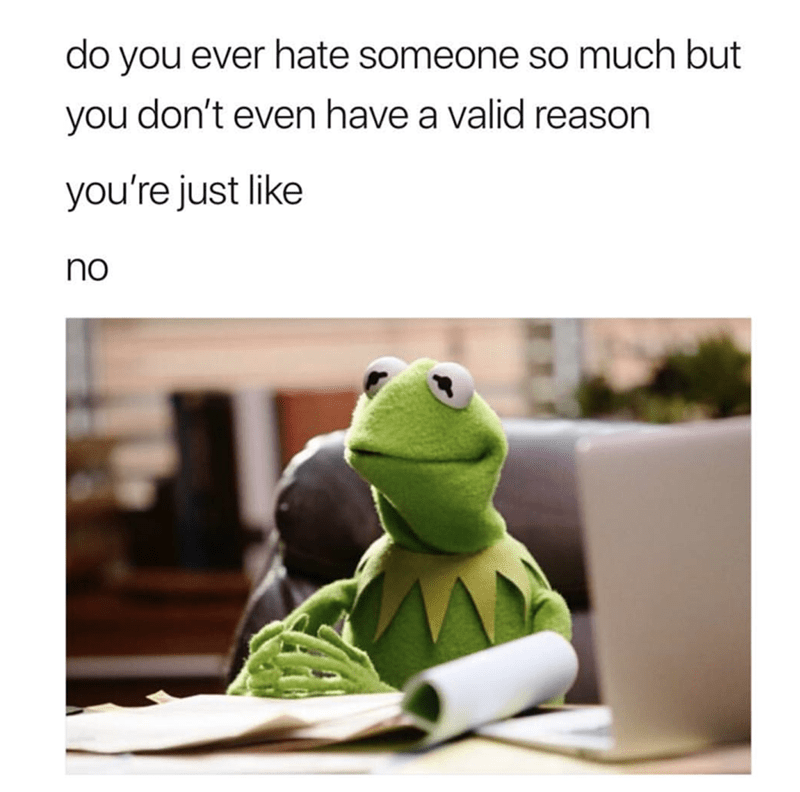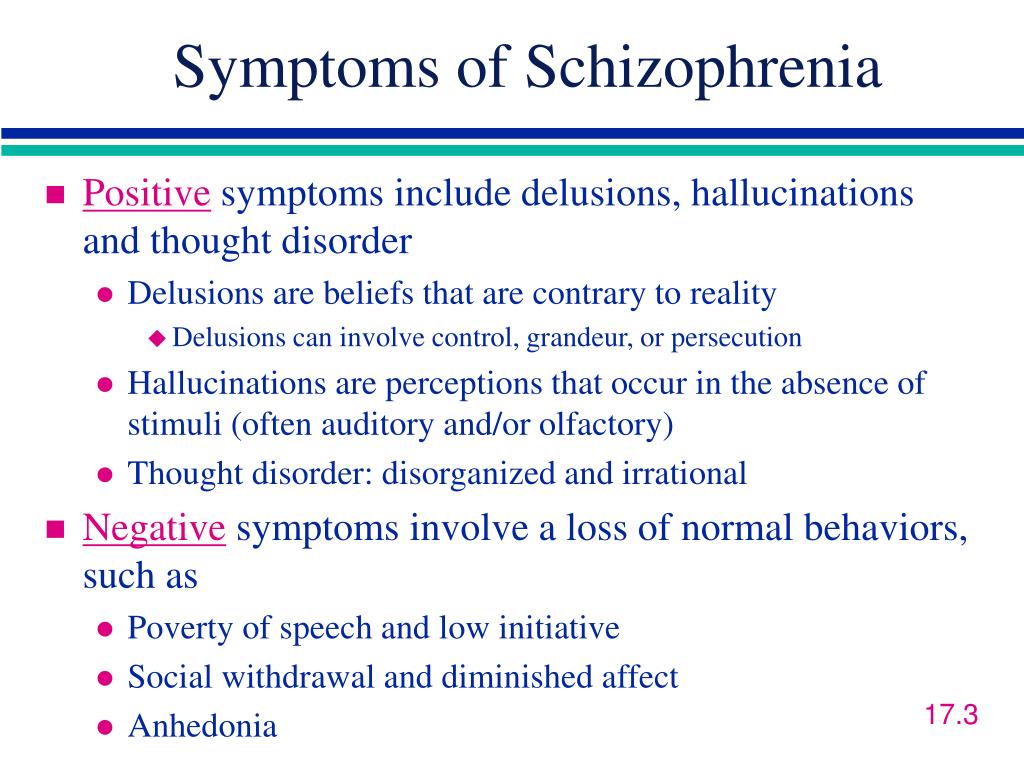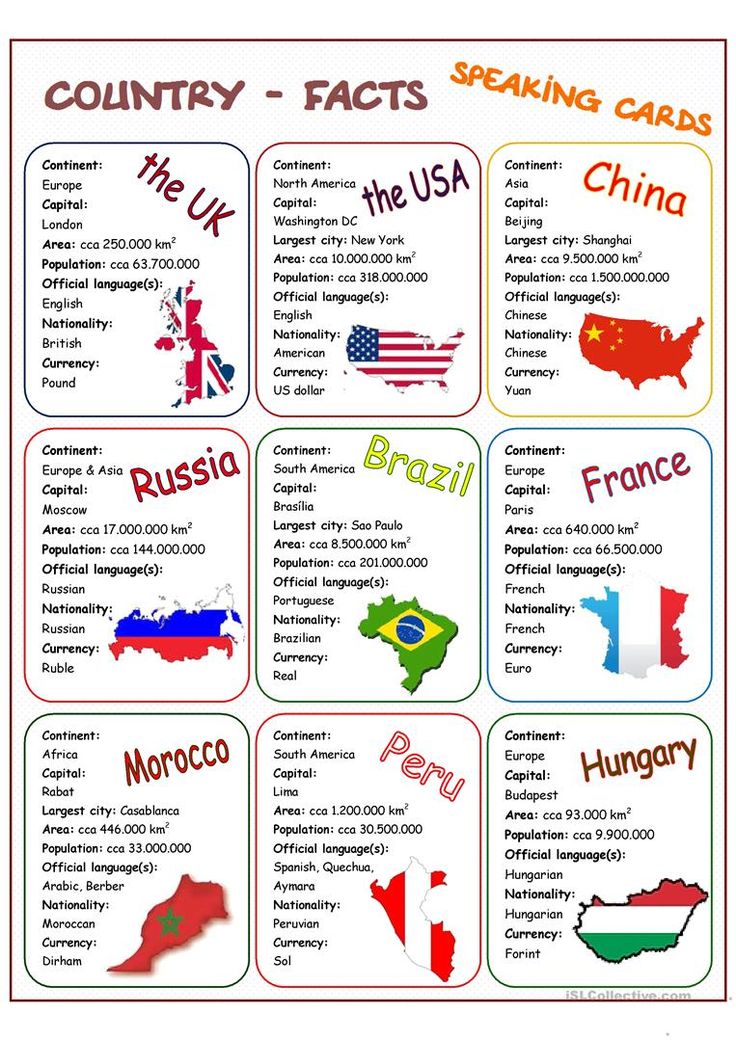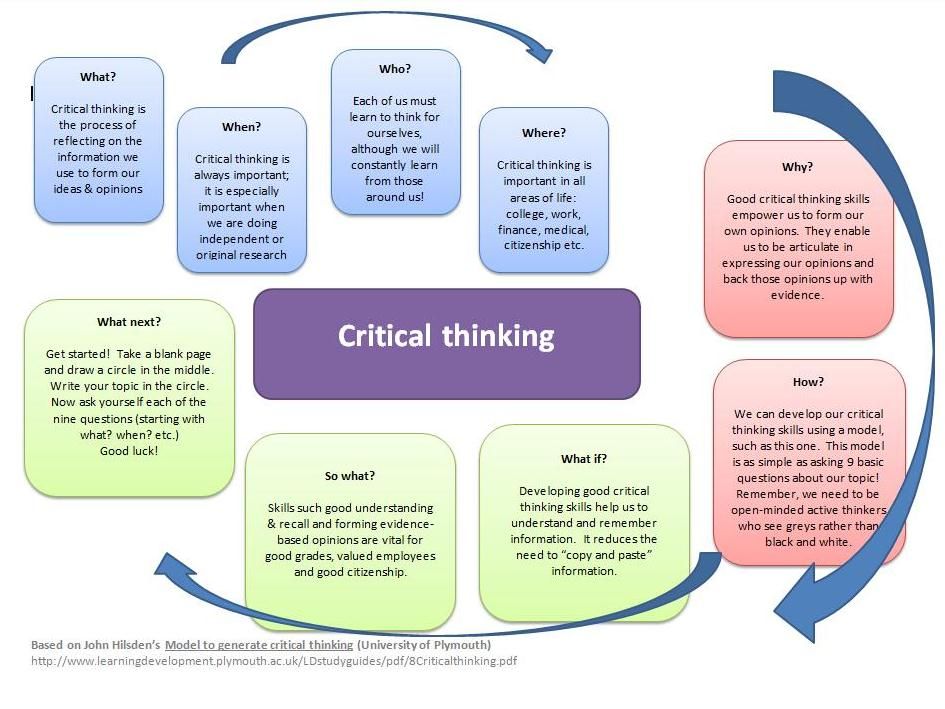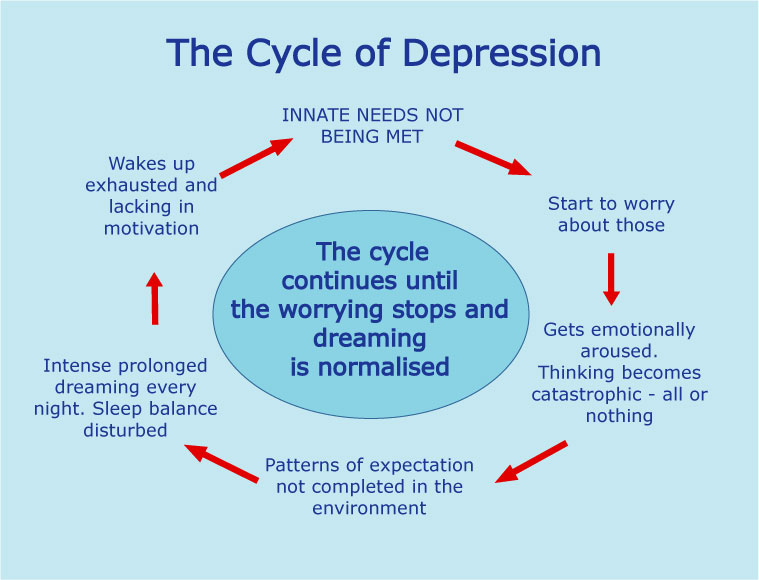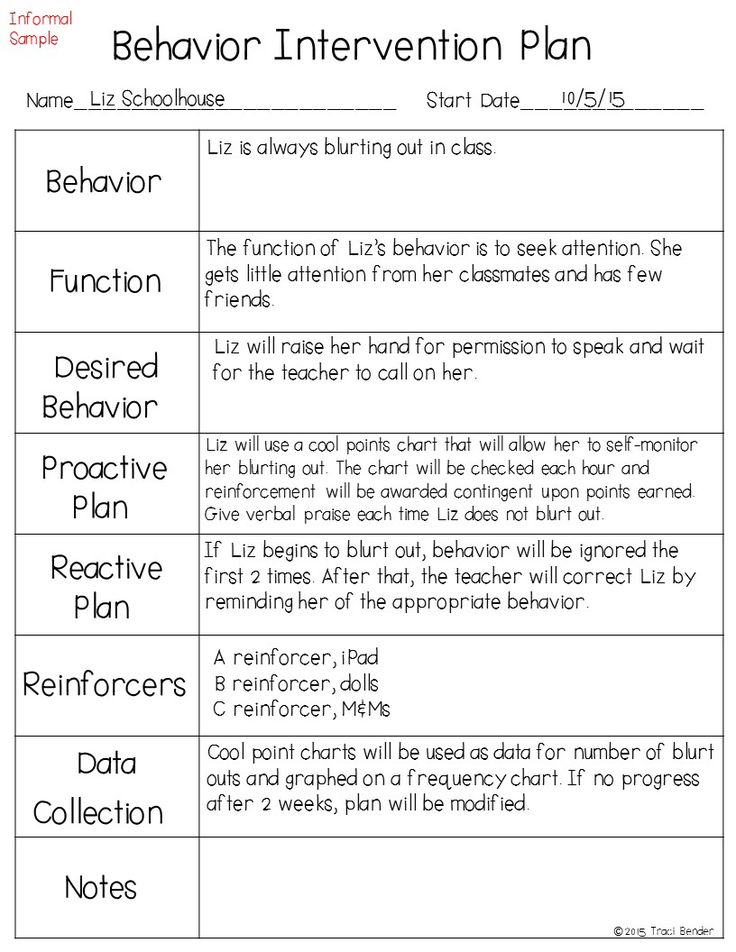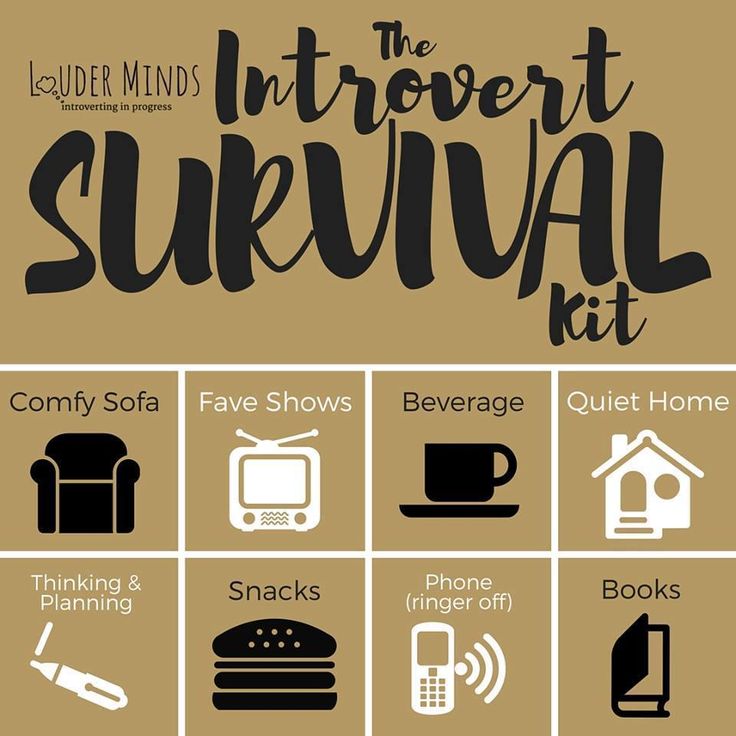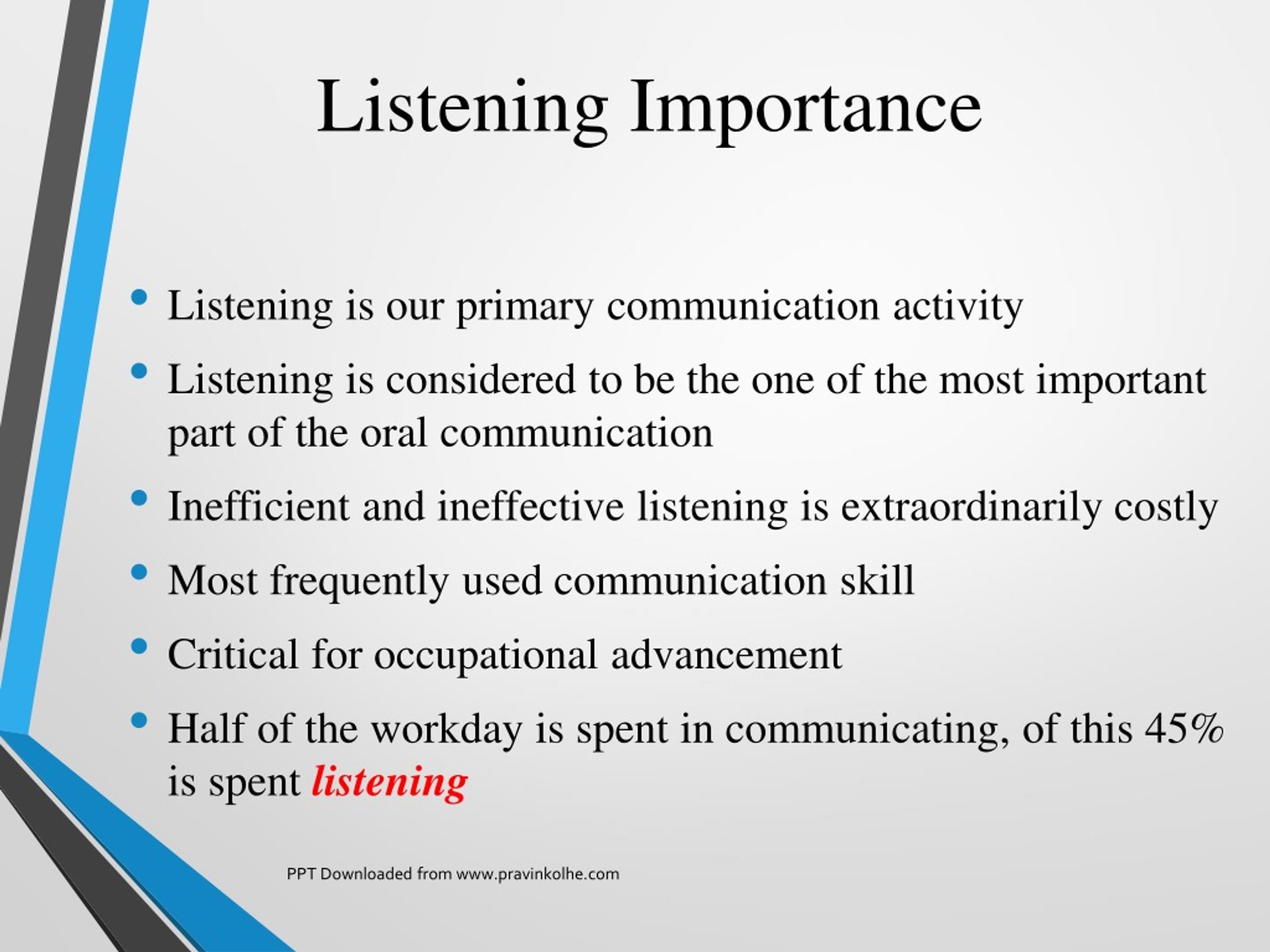Stop feeling guilty
6 ways to combat guilt
We’ve all felt it: That sinking feeling in the pit of our stomachs when we make a mistake. When we let someone down. When we don’t uphold the commitments we’ve made. It’s called guilt – and if you’re overcome by this powerful emotion, you’re overdue for a lesson on how to stop feeling guilty.
A little guilt can be good for society: It regulates our behavior, keeping us in line with what is acceptable and creating harmony. Studies have shown that guilt works, causing us to improve our behavior. Research has also shown that people who are prone to social guilt are harder workers and are seen as better leaders. If society discovered how to overcome guilt for good, we might be in trouble.
Too little guilt could be bad for society, but too much guilt can be bad for the individual. If you feel unhealthy amounts of guilt about things that are outside of your control or about relatively minor instances, it’s time to learn how to get rid of guilt.
Take the first step to discovering how to get rid of guilt
Click here
Why do I feel guilty?
The reasons people feel guilty (and the amount of guilt they feel) vary widely from person to person. Generally, we feel guilty when we break the rules – either the rules of society or our own personal code of ethics. For one person, that could mean breaking plans with a friend at the last minute. For another, it could mean stealing, cheating or worse.
The amount of guilt we feel is likely based on both “nature” (genetics) and “nurture” (the way we were raised). No matter how much guilt you feel or the reasons why, understanding how to stop feeling guilty begins with a set of actions you can take starting today.
How to stop feeling guilty
Humans are fallible. We make mistakes frequently. We’re far from perfect, but most of us don’t need to go through life feeling burdened by guilt. Here’s how to overcome guilt and start practicing acceptance of yourself and others.
1. Identify your feelings
Guilt is often a mask for other feelings, like inadequacy, low self-esteem or even jealousy or resentment. It can also be a product of our limiting beliefs: If you often feel unnecessary guilt, you may believe you don’t deserve to be happy – that you are a bad person, rather than someone who made a mistake. To find the keys to how to stop feeling guilty, you must first get in touch with your true feelings about yourself and the world.
To find the keys to how to stop feeling guilty, you must first get in touch with your true feelings about yourself and the world.
2. Forgive yourself
No one is all good or all bad. If you’ve made a small mistake, you don’t have to spend your life repenting for it. You don’t get life in prison for speeding, and you don’t need to punish yourself that badly for most offenses. Forgiveness is powerful. When we come from a place of self-criticism, we can feel paralyzed about taking action. But when we come from a place of self-compassion, we realize that we have the ability to fix our mistakes – and that we can learn how to overcome guilt.
3. Change your self-talk
Tony says, “Whatever you hold in your mind on a consistent basis is exactly what you will experience in your life.” In other words, your beliefs create your world. Are you holding guilt and negativity in your mind, or gratitude and positivity? Next time you’re wondering how to get rid of guilt, take a moment to listen to your inner monologue.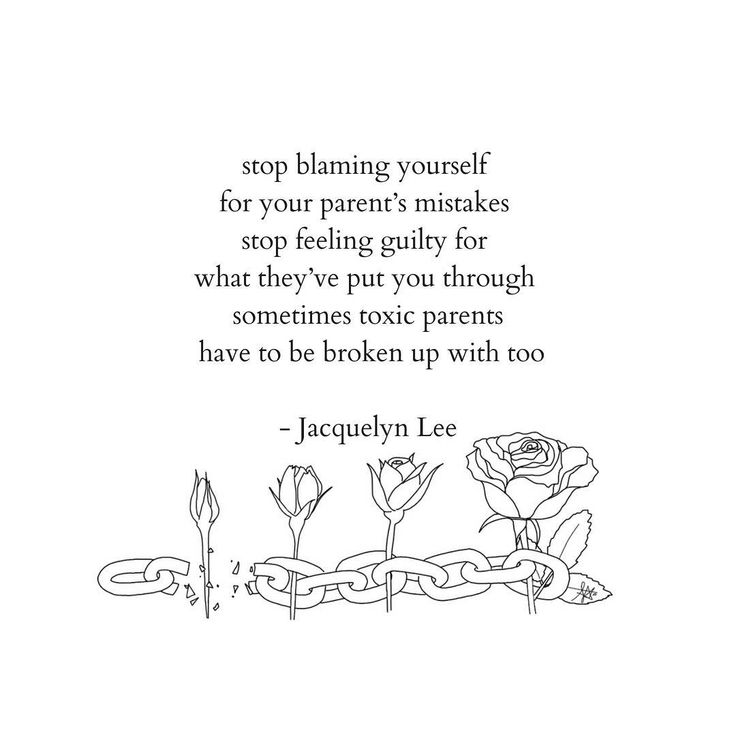 Change negative self-talk to empowering words that focus on your good traits rather than irrational guilt.
Change negative self-talk to empowering words that focus on your good traits rather than irrational guilt.
4. Seek objectivity
Chances are you’re a lot harder on yourself than you would be on a friend or family member. When you want to know how to get rid of guilt, lean on those close to you to provide perspective. They’re probably not going to tell you that you’re a terrible person. They’ll provide support, love and direction. A coach can also be helpful. Working with your coach, you’ll create a plan of action to alleviate your guilt – plus have someone to hold you accountable.
5. Take action
If you have truly wronged someone, in order to learn how to overcome guilt you must take action. Apologize, and ask what you can do to make up for it. Make a future commitment – and keep it. Write a letter to let them know how much they mean to you. If your guilt is more generalized, start keeping a journal to express negative feelings and counteract them with positive thoughts. Write down all of the good things you do to remind yourself of your accomplishments. Actively releasing your guilt is the only way to be free of it.
Write down all of the good things you do to remind yourself of your accomplishments. Actively releasing your guilt is the only way to be free of it.
6. Learn from your mistakes
One thing that most emotionally healthy people have in common is the ability to find the lesson in their mistakes and failures, then get up and try again. Or as Tony says, don’t “should” all over yourself. Getting stuck in the past, thinking “I should have done this” or “I shouldn’t have done that” isn’t productive. Instead, find the lesson – and then don’t let it happen again. Discover how to get rid of guilt by using it to help you grow, rather than an excuse to stay unhappy.
Ready to stop feeling guilty for good?
At Unleash the Power Within, you’ll take a deep dive into your limiting beliefs, so you can learn how to get rid of guilt once and for all.
Sign up here
Want to achieve real results NOW? Fill in the form below to schedule your FREE 30-minute session with your Tony Robbins Results Coaching Strategist.
By entering your information on the Tony Robbins website, you agree that we may collect and use your personal information for marketing, and for other purposes, as set forth in our Privacy Policy, which we encourage you to review.
This website uses cookies to personalize your experience and target advertising.. By continuing to use our website, you accept the terms of our updated policies
How to Stop Feeling Guilty: 10 Tips
Sometimes we feel guilty for setting boundaries or relaxing. Or, we don’t know how to move forward after we do something wrong.
Over the course of your life thus far, you’ve probably done a thing or two you regret.
Most people have, since mistakes are a natural part of human growth. Still, the guilt that creeps in and stakes out space in your consciousness can cause plenty of emotional and physical turmoil.
You might know guilt best as the nauseating twist in your stomach that accompanies the knowledge you’ve hurt someone else.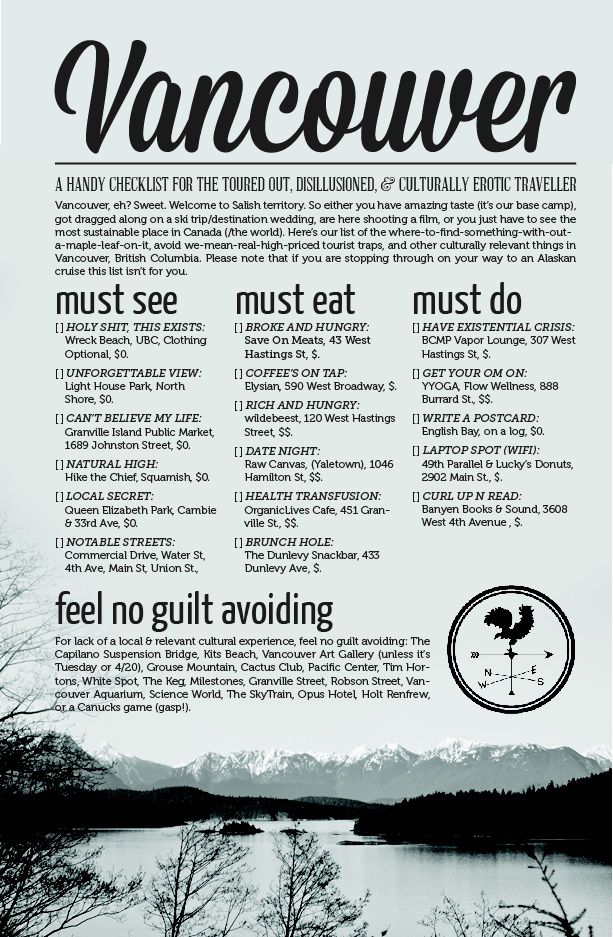 Perhaps you also deal with recurring self-judgment and criticism related to your memories of what happened and your fear of others finding out.
Perhaps you also deal with recurring self-judgment and criticism related to your memories of what happened and your fear of others finding out.
As an emotion, guilt has a lot of power.
Guilt can help you acknowledge your actions and fuel your motivation to improve your behavior. It might also lead you to fixate on what you could have done differently.
If you’ve never felt able to come clean about a mess-up, your guilt might feel magnified to an almost unbearable degree.
Though guilt can sometimes promote positive growth, it can also linger and hold you back — long after others have forgotten or forgiven what happened.
Grappling with the weight? These 10 tips can help lighten your load.
In the moment, ignoring your guilt or trying to push it away might seem like a helpful strategy. If you don’t think about it, you might reason, it will eventually dwindle and disappear. Right?
This is actually not the case.
Like other emotions, unaddressed guilt can stick around, making you feel worse over time.
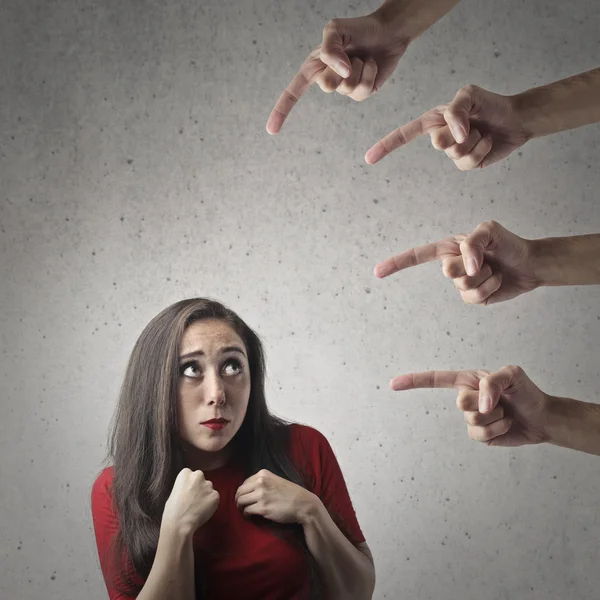
Refusing to acknowledge your guilt might temporarily keep it from spilling into your everyday life, but masking your emotions generally doesn’t work as a permanent strategy. Truly addressing guilt requires you to first accept those feelings, however unpleasant they are.
Give this exercise a try:
- Set aside some quiet time for yourself.
- You can bring along a journal to keep track of your thoughts.
- Say to yourself, or write down, what happened: “I feel guilty because I shouted at my kids.” “I broke a promise.” “I cheated on a test.”
- Mentally open the door to guilt, frustration, regret, anger, and any other emotions that might come up. Writing down what you feel can help.
- Sit with those feelings and explore them with curiosity instead of judgment. Many situations are more complex than they first appear. Picking apart the knot of distress can help you get a better handle on what you’re really feeling.
If you have a hard time acknowledging guilt, regular mindfulness meditation or guided journals may make a difference. These practices can help you become more familiar with emotions, making it easier to accept and work through even the most uncomfortable ones.
These practices can help you become more familiar with emotions, making it easier to accept and work through even the most uncomfortable ones.
Guilt can happen on an individual or collective level. Some people shift in and out of each type throughout their lifetime. Others may feel one or more type of guilt at the same time:
- Natural guilt: Natural guilt, simply put, is what you feel after you think you did something wrong. For example, if you break a promise to a friend, you might convince yourself you’re a bad friend. You chastise and think about what you should have done. You made a promise, and naturally, you feel guilty, prompting you to want to apologize. Natural guilt is often temporary and goes away after resolution.
- Chronic guilt: This type happens from prolonged exposure to stress. Chronic guilt affects a person’s ability to regulate their emotions. A teacher, for example, may feel overworked and emotionally drained, which can affect relationships with students.
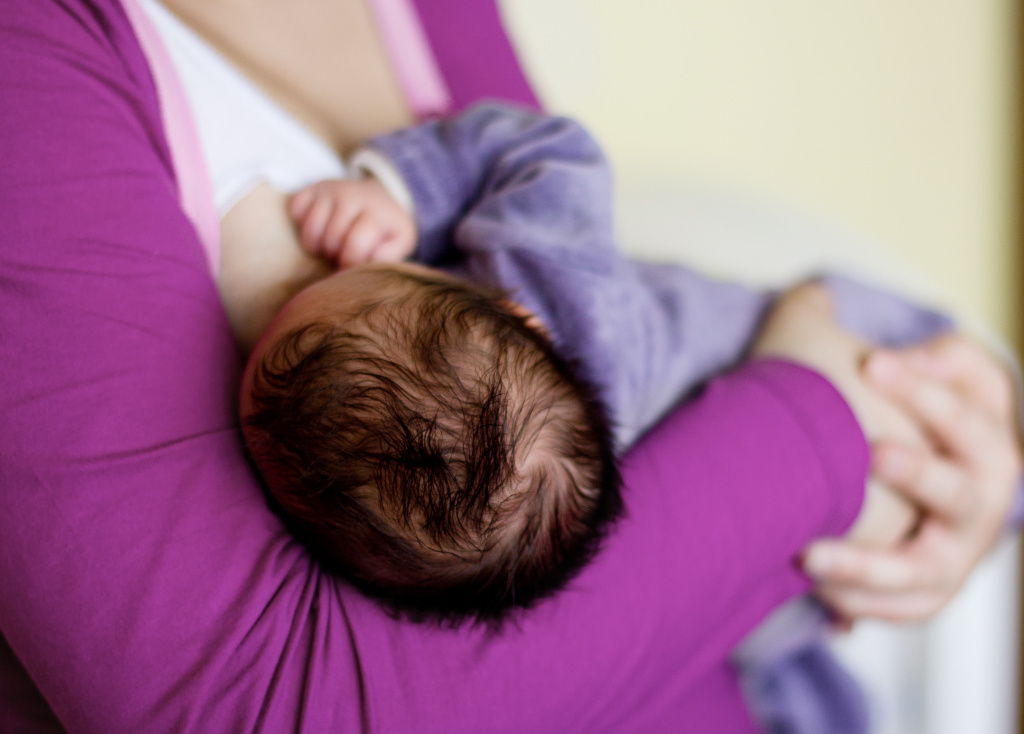 The resulting guilt becomes a symptom of chronic-work related stress, or burnout. Some researchers argue for the inclusion of guilt in clinical evaluations of burnout. Chronic guilt can also occur with episodes of major depression.
The resulting guilt becomes a symptom of chronic-work related stress, or burnout. Some researchers argue for the inclusion of guilt in clinical evaluations of burnout. Chronic guilt can also occur with episodes of major depression. - Collective guilt: This type involves a sense of group or shared responsibility. Residents of a city may experience collective guilt about people experiencing homelessness in their neighborhood. In this scenario, the residents feel personal responsibility and guilt about not taking action to help. Collective guilt is harder to resolve since it’s embedded within systemic problems.
- Survivor guilt: Traumatic events, such as witnessing a large-scale tragedy, may cause feelings of remorse and sadness. This could look like someone surviving an accident and then feeling guilty for the people who did not. Conversely, you may also feel guilty for being happy to be alive. Survivor guilt is characterized by conflicting emotional states.

Before you can successfully navigate guilt, you need to recognize where it comes from.
It’s natural to feel guilty when you know you’ve done something wrong. But guilt can also take root in response to events you didn’t have much, or anything, to do with.
Owning up to mistakes is important, even if you only admit them to yourself. It’s equally important to take note when you unnecessarily blame yourself for things you can’t control.
People often experience guilt over things they can’t be faulted for. You might feel guilty about breaking up with someone who still cares about you, or because you have a good job and your best friend can’t seem to find work.
Guilt can also stem from the belief that you’ve failed to fulfill expectations you or others have set. Of course, this guilt doesn’t reflect the effort you’ve put in to overcome the challenges keeping you from achieving those goals.
Some common causes of guilt include:
- surviving trauma or disaster
- conflict between personal values and choices you’ve made
- mental or physical health concerns
- thoughts or desires you believe you shouldn’t have
- taking care of your own needs when you believe you should focus on others
Is someone else constantly making you feel guilty? Check out our article on how to address guilt-tripping.
Guilt manifests in different ways. You may experience guilt when you feel responsible for a mistake. Or, you may feel guilty if you feel responsible for something that happened to someone else.
Guilt is not the same as shame, which implies feelings of inadequacy for not meeting self-imposed expectations. For example, you might feel shame for posting a selfie and later regret how you look in the picture, but this doesn’t necessarily make you a “bad” person or morally irresponsible.
Although shame and guilt share overlapping characteristics, signs of guilt tend to imply a moral wrongdoing. This can include:
- feelings of responsibility for one’s actions
- desire to “fix” situations
- self-esteem issues
- negative self-criticism
Signs of unacknowledged guilt may include:
- downplaying
- defensiveness
- lying
- negative beliefs about yourself and your character
Physical signs of guilt often overlap with symptoms of mood disorders, like anxiety and depression:
- muscle tension
- fatigue
- insomnia
- digestive issues
- crying
A 2020 study further explains that frowning and neck touching may be associated with non-verbal patterns of guilt—at least when someone else observes a guilty individual.
Taking responsibility for guilt is one of the first steps to finding resolve.
A sincere apology can help you begin repairing damage after a wrongdoing. By apologizing, you convey remorse and regret to the person who was hurt, and let them know how you plan to avoid making the same mistake in the future.
You may not receive forgiveness immediately — or ever — since apologies don’t always mend broken trust.
Sincerely apologizing still helps you heal, though, since it offers you the chance to express your feelings and hold yourself accountable after messing up.
To make an effective apology, you’ll want to:
- acknowledge your role
- show remorse
- avoid making excuses
- ask for forgiveness
Follow through by showing regret in your actions.
The most heartfelt apology means nothing if you never do things differently going forward.
Making amends means committing to change.
Maybe you feel guilty for not spending enough time with your loved ones or failing to check in when they needed support. After apologizing, you might demonstrate your desire to change by asking “What can I do to help?” or “How can I be there for you?”
After apologizing, you might demonstrate your desire to change by asking “What can I do to help?” or “How can I be there for you?”
You may not always have the ability to apologize directly. If you can’t get in touch with the person you hurt, try writing a letter instead. Getting your apology out on paper can still be beneficial, even if they never see it.
You might owe yourself an apology, too. Instead of clinging to guilt and punishing yourself after an honest mistake, remember: No one does everything right all the time.
To make amends, commit to self-kindness instead of self-blame going forward.
You can’t mend every situation, and some mistakes might cost you a treasured relationship or a close friend. Guilt combined with sadness over someone or something you’ve lost often feels impossible to escape.
Before you can leave the past behind, you need to accept it. Looking back and ruminating on your memories won’t fix what happened.
You can’t rewrite events by replaying scenarios with different outcomes, but you can always consider what you’ve learned:
- What led to the mistake? Explore triggers that prompted your action and any feelings that tipped you over the edge.

- What would you do differently now?
- What did your actions tell you about yourself? Do they point to any specific behaviors you can work on?
It’s pretty common to feel guilty over needing help when you’re coping with challenges, emotional distress, or health concerns. Remember: People form relationships with others to build a community that can offer support.
Imagine the situation in reverse. You’d probably want to show up for your loved ones if they needed help and emotional support. Most likely, you wouldn’t want them to feel guilty about their struggles either.
There’s nothing wrong with needing help. Life isn’t meant to be faced alone.
Instead of feeling guilty when you need support, cultivate gratitude by:
- thanking loved ones for their kindness
- making your appreciation clear
- acknowledging any opportunities you’ve gained as a result of their support
- committing to paying this support forward once you’re on more solid ground
A mistake doesn’t make you a bad person — everyone messes up from time to time.
Guilt can provoke some pretty harsh self-criticism, but lecturing yourself on how catastrophically you messed up won’t improve things. Sure, you might have to face some external consequences, but self-punishment often takes the heaviest emotional toll.
Instead of shaming yourself, ask yourself what you might say to a friend in a similar situation. Perhaps you’d point out good things they’ve done, remind them of their strengths, and let them know how much you value them.
You deserve the same kindness.
People, and the circumstances they find themselves in, are complex. You may have some culpability for your mistake, but so might the others involved.
Reminding yourself of your worth can boost confidence, making it easier to consider situations objectively and avoid being swayed by emotional distress.
Guilt can serve as an alarm that lets you know when you’ve made a choice that conflicts with your personal values. Instead of letting it overwhelm you, try putting it to work.
When used as a tool, guilt can cast light on areas of yourself you feel dissatisfied with.
Maybe you find it difficult to be honest, and someone finally caught you in a lie. Perhaps you want to spend more time with your family, but something always gets in the way.
Taking action to address those circumstances can set you on a path that’s more in line with your goals.
If you feel guilty for not spending enough time with friends, you might make more of an effort to connect. When stress distracts you from your relationship, you might improve the situation by devoting one night a week to your partner.
It’s also worth paying attention to what guilt tells you about yourself.
Regret over hurting someone else suggests you have empathy and didn’t intend to cause harm. Creating change in your life might involve focusing on ways to avoid making that mistake again.
If you tend to feel bad about things you can’t control, it may be beneficial to explore the reasons behind your guilt with the help of a professional.
Self-forgiveness is a key component of self-compassion. When you forgive yourself, you acknowledge that you made a mistake, like all other humans do. Then, you can look to the future without letting that mistake define you. You grant yourself love and kindness by accepting your imperfect self.
Self-forgiveness involves four key steps:
- Take responsibility for your actions.
- Express remorse and regret without letting it transform into shame.
- Commit to making amends for any harm you caused.
- Practice self-acceptance and trust yourself to do better in the future.
People often have a hard time discussing guilt, which is understandable. After all, it’s not easy to talk about a mistake you regret. This means guilt can isolate you, and loneliness and isolation can complicate the healing process.
You might worry others will judge you for what happened, but you’ll often find that isn’t the case. In fact, you may find loved ones offer a lot of support.
The people who care for you will generally offer kindness and compassion. And sharing unpleasant or difficult feelings often relieves tension.
Friends and family can also help you feel less alone by sharing their experiences. Nearly everyone has done something they regret, so most people know what it’s like to feel guilty.
An outside perspective can also make a big difference, especially if you’re dealing with survivor guilt or guilt about something you had no control over.
Severe or persistent guilt doesn’t always lift easily. Some people find it difficult to work through feelings of guilt that relate to:
- intrusive thoughts
- depression
- trauma or abuse
It’s tough to open up about guilt if you fear judgment. However, avoiding these feelings will usually worsen the situation.
Over time, guilt can affect relationships and add stress to daily life. It can also play a part in sleep difficulty and mental health conditions. Or it can lead to negative coping methods, like substance use.
When an undercurrent of misery, rumination, and regret threads through your daily interactions, keeping you from staying present with yourself and others, professional support might be a good next step.
Finding a therapist or mental health professional can help. They can offer guidance by helping you identify and address the causes of guilt, explore effective coping skills, and develop greater self-compassion.
Guilt belongs in the past. You can begin letting it go by strengthening your resilience and building confidence to make better choices in the future.
If you’re struggling to resolve feelings of guilt, know you don’t need to do it alone. Therapy can offer a safe space to learn how to forgive yourself and move forward.
Crystal Raypole has previously worked as a writer and editor for GoodTherapy. Her fields of interest include Asian languages and literature, Japanese translation, cooking, natural sciences, sex positivity, and mental health. In particular, she’s committed to helping decrease stigma around mental health issues.
How to get rid of guilt
Irina Postnikova
blames herself for everything
Author profile
Almost every one of us feels guilty from time to time.
If it makes you correct mistakes, then everything is only good - psychologists call such guilt productive. Another thing is if the guilt becomes constant or inadequately strong and begins to negatively affect the well-being, actions, quality of life. We tell you what to do if the guilt has become unproductive.
What you need to know about how the brain works
The main thing about effective ways not to succumb to stress and thinking errors is in your mail twice a month on Fridays. Free
Why do we feel guilty
Guilt is a set of feelings that a person experiences when he does - or thinks he does - a wrong deed. It signals mistakes, motivates to correct them and not repeat them in the future.
Guilt is an unpleasant feeling, but in many cases it is useful. It is one of the ancient adaptive mechanisms that helps people regulate behavior and maintain strong social bonds. Lack of guilt may be a symptom of psychopathy or another disorder.
The intensity of feelings of guilt is influenced by a person's personality traits. For example, those who are highly empathic are more likely to feel guilty.
But this has its advantages. Studies show that people who are particularly guilt-prone are less likely to drive drunk and are generally less likely to commit crimes. And criminals who are acutely experiencing their guilt in prison have a lower recidivism rate after release.
In addition, people who know how to feel guilty usually inspire more trust in others - and they more often justify this trust. Therefore, they make reliable colleagues, good managers and romantic partners.
But all these pluses appear only if a person prone to feelings of guilt knows how to experience it correctly: take responsibility for really committed mistakes and forgive himself for them.
There is nothing good in constantly feeling guilty for everything that happens in the world. Guilt always triggers a stress response in the body. If it is not interrupted, it can become chronic. This can lead to burnout and sleep problems, and increase the risk of developing anxiety and depression.
8 Free Ways to Relieve Stress After a Hard Day
Another danger is that persistent guilt can cause a person to make decisions that are unfavorable to him. For example, he may start spending inadequate amounts on strangers, endangering his own well-being. Or constantly solving the problems of a former lover whom you once abandoned, causing pain. To prevent this from happening, it is important to learn how to keep your guilt within an adequate framework. Here are some ways.
Board No. 1
Ask for forgiveness from others - and forgive yourself The surest way to get rid of the feeling of guilt is to admit that you did something wrong, ask for forgiveness from all the victims and try to eliminate the consequences. Susan Whitburn, a professor at the University of Massachusetts who studies guilt, proposes such an algorithm.
Don't try to suppress your guilt. Research shows that this leads to an increase in negative emotions. Better admit to yourself that you feel guilty. This will help you get your emotions under control.
Remember exactly what you did. This will be unpleasant - most likely, the feeling of guilt will increase for a while. Despite this, try to approach the task as responsibly as possible - remember as many details as possible.
Don't try to justify yourself. Instead, consider whether you have made a mistake and tried to satisfy some need of yours. This will help you correct your behavior in the future and prevent the mistake from happening again.
Let's say you feel guilty because you yelled at your partner for no reason. But not because they wanted to treat him cruelly. And due to the fact that lately he has begun to move away and this scares you. Therefore, in order to no longer make baseless scandals, you need to discuss the relationship with your partner.
Sincerely ask for forgiveness from those you hurt. Be sure to tell them that you understand how much pain and inconvenience you caused them and that you are sincerely sorry about it. To demonstrate to a person that you fully understand what exactly you are guilty of before him, use the “I-statement”. For example: "I'm sorry about what I did."
And try to avoid phrases like, "I'm sorry you're hurt." They show that although you regret that the other person is experiencing unpleasant emotions, you do not seem to see anything wrong in your behavior.
Reinforce remorse with action. If the damage from your actions is material, compensate for it. If it’s psychological, start behaving differently with the injured person. And if for some reason you cannot directly do something for the victim, help someone else.
For example, send a donation to a charitable foundation. “Atonement by action is not punishment. This is a reparation that the guilty must pay if they want to alleviate the feeling of guilt, ”explains Susan Whitbourne.
/how-to-see-future/
“It looks like the worst is ahead. This is wrong". Psychologist - about the collapse of plans
Forgive yourself. To do this, say to yourself: “I did everything to correct the mistake. And in the future I will try not to repeat it. So I forgive myself and allow myself to move forward.”
This point, psychologists say, despite its apparent formality, is no less important than the previous ones. Guilt is subjective: we can continue to experience it even when other people have long since forgiven us. Therefore, it is important to convince yourself that the situation is over, which means that there is no need to continue scolding yourself.
Board No. 2
Don't take on too much People may feel guilty not only for what they have done, but also for much larger problems. For example, for the fact that they allowed humanity to bring the planet to an ecological catastrophe - this phenomenon is described by a separate term "ecovena". Or for the actions of politicians they did not elect. Or because there are still groups of people in the world whose rights are being infringed.
A person can perfectly understand that he himself does nothing wrong. But the realization that injustice is happening in the world and there are people who suffer from it will make him suffer.
Despite the fact that this type of guilt is based on moral values, psychologists often consider it counterproductive: the problems that need to be solved in order to stop feeling guilty are global. The realization of this paralyzes many, and they get stuck in a guilty state for years.
When this kind of guilt becomes completely unbearable, it is useful to use a method conventionally called the circle of responsibility:
- Take a piece of paper and write on it how much percent you feel guilty in this or that global situation.
Let's say if on 90% means that 10% of the blame lies with someone else.
- Then draw a circle. And ask yourself the question: who else besides me is to blame for this situation? And how many percent is he to blame? And then shade the segments of the circle corresponding to these percentages. As a result, you will get a diagram that will help you understand how much you are really to blame for the current situation.
- Think about what you can still do to somehow influence the situation that worries you. For example, if you are concerned about the environment, start collecting garbage separately and try not to buy unnecessary things. Do not forget that even minimal effort is better than complete inaction. This will help you not to feel constantly guilty.
Board No. 3
Analyze your stereotypesLet Go of the Guilt author Valorie Burton describes how the most unexpected things lead to guilt, like corn flakes.
Burton's son loves cereal for breakfast. It's convenient: you don't have to spend time cooking. But the trouble is that Burton herself firmly believes that a good mother should always feed her child a breakfast of several healthy dishes with porridge or scrambled eggs, toast and fruit. This is what her mother always cooked for her in childhood.
Every time she put cereal on her son's plate, she felt deeply guilty towards him. Although the child himself, such a breakfast only pleases. Such examples Burton calls fake guilt.
In addition to cultural attitudes, fake guilt can be triggered by fuzzy expectations from oneself. For example, people tend to blame themselves for not eating "very well" or not exercising "enough". Although they never determined what exactly in their understanding is “right” or “enough”. And it turns out that people scold themselves for not fulfilling conditions about which they have no idea.
Another cause of false guilt is outdated ideas about oneself. For example, it is unfair to blame yourself for the fact that after the birth of a child you are not able to work as much as before the decree. Or that due to insomnia that has been tormenting you for several days, you again forgot your keys at home, although you had never done this before - that is, in a sleepy state.
To deal with false guilt, Burton recommends using a method from cognitive behavioral therapy:
- When you feel guilty, don't automatically give in to this feeling. Try to analyze it. Ask yourself: “Did I really do something wrong? And if so, what exactly? Has anyone really been harmed by my actions?” If the victim is not found, try to figure out if those very unreflected and outdated installations are triggering your guilt. To do this, you can try to remember what thoughts arose in your head immediately before you felt guilty.
- Once you find the source of the guilt, try to describe the situation in a new way. For example, instead of "I'm sorry I'm feeding my son cereal again," say, "I feel guilty about feeding my son cereal because I have a belief that it's wrong. But I don't really hurt anyone.
" So you change your attitude to the situation a little - and the feeling of guilt will decrease.
- List evidence that you do not harm anyone. Burton explains that the task is not to find an excuse for yourself, but to describe your feelings more accurately.
/psychotherapy-brain/
How psychotherapy changes the brain
Board No. 4
Do not blame yourself if you are more fortunate than others, but help themAnother type of guilt is called survivor's guilt. It is usually experienced by people who survived a war or a serious disaster. Thus, cases of survivor's guilt were recorded in large numbers in the United States among relatives of those who died during the COVID-19 epidemic.
In these cases, people are usually advised to seek professional help. It will help to look at the tragedy from the outside, which will bring relief.
But some psychologists also call that feeling of guilt experienced by people who have achieved more success than those around them. Life is really unfair: someone is lucky from birth, and someone grows up in conditions where the basic needs of the child are not provided.
But even if you are lucky in many ways, it is much more productive not to feel guilty, but to help those who are less fortunate than you.
And, of course, you should not reproach yourself for the fact that your parents laid down their lives for your success. It is better to replace guilt with gratitude for the people who put in so much effort so that you can achieve more in life than they do. Moreover, it was their conscious choice, which you could not influence in any way.
Where to talk: 10 free psychological support groups
Board No. 5
Give yourself permission to make mistakes To prevent guilt from becoming chronic, it is worth remembering that each of us makes mistakes from time to time or acts unfairly towards others. And that doesn't make us all unambiguously bad people. Especially while we try to take responsibility for our actions and their consequences.
Therefore, even if you have seriously offended others, there is no point in scolding and punishing yourself for this for a long time. You will only increase your stress, but you will not correct the situation in any way.
/psychotherapy-form/
Describe how psychotherapy has helped you deal with life's challenges.
Instead, think about what you would say to your friend if they were in this situation. Surely you would not shame him, but give a more adequate assessment of what he did, and find words of support and consolation.
Guilt is not the most pleasant experience. And the very fact that a person experiences it gives the right to sympathy. Including from himself.
Knowledge about psychology and brain function that will help you survive in this crazy world - in our telegram channel. Subscribe to keep abreast of what is happening: @t_dopamine.
Getting Rid of Constant Guilt: A 3-Week Plan
18,023
Know YourselfPractices how toListen to your body
A persistent feeling of guilt negatively affects the emotional state. We get so used to this feeling that we often blame ourselves for things we are not really guilty of. Most of the time, you yourself cultivate guilt in your brain. You do this because of strange ideas and expectations that you yourself have come up with.
Get rid of guilt and become your own best friend with a three-week plan shared by Susan Krauss Whitborn, professor of neuroscience at the University of Massachusetts (USA), author of research and books.
Week One: Finding Guilt Triggers
If you learn to recognize when you start to feel guilty, you are already halfway through the problem.
1. Fix your attention on the moment when the feeling of guilt is just beginning
Try to understand what exactly is causing it (you failed to do the job on time, spent a lot of money). Record your observations in a notebook or make a note on your smartphone.
2. Observe the frequency of the feeling
Do you blame yourself every day for spending too much money on lunch? Do you find yourself unable to sleep every night because you worry about yelling at your children? Write down how often you blame yourself for the same things.
3. At the end of the week, identify what you regularly blame yourself for
What makes you feel guilty more than once in the past week? What exactly upsets you the most?
Second week: changing perspective
If you don't want to separate yourself from guilt and "rise" above it, try at least push it back a little, look at it from the side and try to explain.
1. Think or say out loud what you would like to do differently
Have a different attitude towards work or become more practical. You don't have to run right away and do something that will change your life dramatically, but the moment you start talking about it, you start to change.
2. Analyze your emotions
Guilt, sadness and anxiety are links in the same chain. When you are upset or depressed, you begin to criticize yourself. Try asking yourself, “Does it make sense that I feel guilty right now? Or am I just letting my emotions rule me?
3. Allow yourself to be wrong
Perfectionism stimulates feelings of guilt. Admit to yourself that you are not perfect, just like your wife, mother or friend.
Third week: getting rid of trifles
It is foolish to convince yourself that you will no longer blame yourself for any nonsense. However, it is useful to learn to understand when not to make an elephant out of a fly. Try not to focus on minor things.
1. Change your attitude about what's going on
You left the office too early despite the fact that you didn't have time to finish important things. Remind yourself that you left the office at this time for a reason, but because of a doctor's appointment you made a month ago.
2. Treat your mistakes with humor
You didn't have time to bake a cake and had to buy ready-made dessert? Say: "And how am I going to look people in the eye now?"
3. Look for the positive in every situation
Haven't you found the time to pack presents for your loved ones for the New Year? But we spent a lot of time choosing these gifts.
